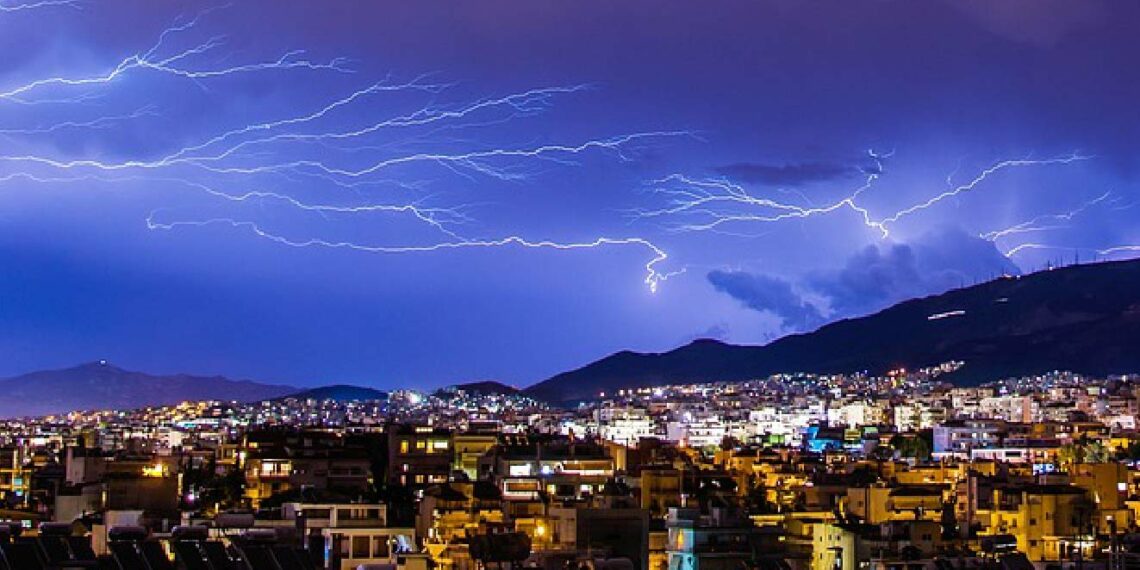Latin America and the Caribbean and Their Commitment to Energy Transitions
In th current era of environmental awareness and climate change, energy transitions have become a central theme for global sustainable development. In this context, Latin America and the Caribbean stand out as undisputed leaders in the use of renewable energies. In a world diverse in its paths towards a more sustainable energy future, our region has shown itself to be a pioneer in harnessing natural resources for energy production, with an impressive 33% of energy coming from renewable sources.
However, this wealth contrasts with significant challenges. Despite representing only 8.3% of the world’s population, Latin America and the Caribbean generate just 6.2% of global wealth. Furthermore, while we contribute only 4.5% of global emissions at the energy sector level, we face internal asymmetries in terms of development and preparedness for energy transitions.
One of the key challenges lies in electrical infrastructure. Energy transition is not just about changing generation sources, but also about developing adequate transmission and distribution networks. This need for additional investment, along with the design of new markets, underscores the complexity of the process. Additionally, we must carefully safeguard consumer interests. The crucial question is who will bear the costs of this transition, and we must ensure that they do not unfairly fall on the shoulders of ordinary citizens.
Another crucial challenge is ensuring that this transition does not exclude the most vulnerable. Despite having high levels of energy access, there are still millions of Latin Americans and Caribbeans who lack electricity. Energy transition 2.0 must address these gaps to ensure that no one is left behind.
In this journey towards a more sustainable energy future, regional collaboration is essential. Countries in Latin America and the Caribbean can learn from each other and share best practices to overcome common obstacles. Additionally, institutions like OLADE play a crucial role in addressing regulatory weaknesses, strengthening local capacities, and facilitating access to financing for innovative projects.
Latin America and the Caribbean and their commitment to energy transitions still face significant challenges. To move forward effectively, we must address these internal disparities and ensure that no one is left behind on this journey towards a cleaner and more sustainable energy future. Collaboration, innovation, and a people-centered approach will be key on this path towards a brighter and more environmentally friendly tomorrow.
Medardo Cadena
Director of Studies, Projects, Advisor at the Latin American Energy Organization (OLADE)


